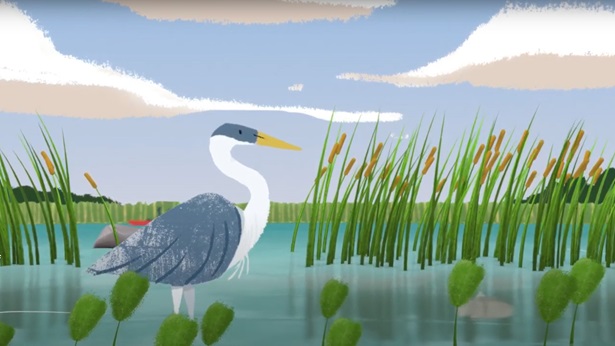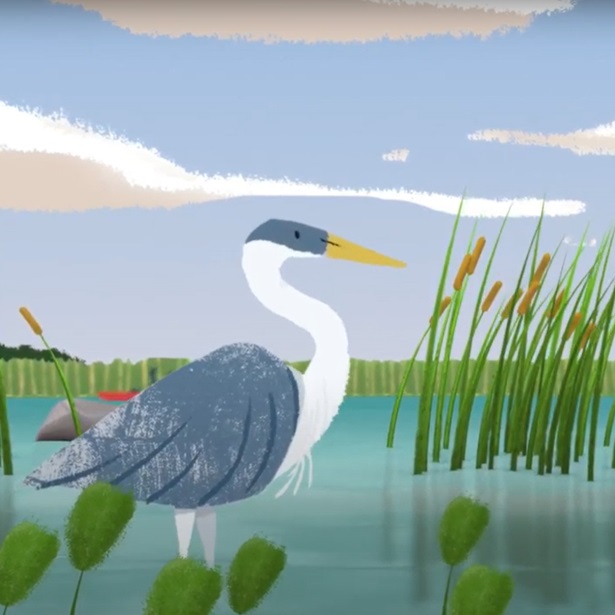Coastal wetlands—salt marshes, seagrass beds, and mangrove forests—host some of the richest biodiversity on the planet, acting as refuge for wildlife and nurseries for juvenile fish, including species important for local communities and livelihoods.
By stabilizing shorelines and serving as a buffer from storms, these habitats also help coastal communities adapt to a changing climate. Coastal wetlands, sometimes referred to as “blue carbon” ecosystems, also sequester and store large amounts of carbon in the soil, mitigating the effects of climate change. Yet coastal wetlands are among the most threatened ecosystems on the planet. Over the past 50 years, development, pollution, and other threats have destroyed half of the world’s mangroves, and an estimated 7% of seagrass meadows are lost globally every year.
The advancing coastal wetlands conservation project builds on The Pew Charitable Trusts’ previous work to accelerate conservation and management of these ecosystems through countries’ nationally determined contributions (NDCs)—their formal emission-reduction and climate-adaptation commitments to the United Nations’ 2015 Paris Agreement—with a focus on the Latin America and Caribbean and Western Indian Ocean regions.
In January 2019, Pew launched the project to support the inclusion of comprehensive and measurable coastal wetlands protections in countries’ updated NDCs. Over the ensuing three years, in partnership with local organizations, research institutions, and governments in Belize, Costa Rica, and Seychelles, Pew worked to strengthen country-specific research, policy, and finance capacity for mangrove and seagrass conservation. As a result of efforts by Pew and its partners, all three countries included ambitious coastal wetlands protections in their 2020-21 NDCs.
In addition to continuing support for those first three countries, Pew is now working with local and regional partners in Honduras, Panama, Jamaica, Kenya, Tanzania, and Mozambique, providing technical assistance and strengthening local capacity in research, policy, and finance ahead of 2025 NDC updates. Pew is also expanding seagrass mapping throughout the Western Indian Ocean to develop the first field-verified national seagrass map for Kenya, Tanzania, Mozambique, and Madagascar.
Through these efforts, Pew seeks to support nations in developing and implementing robust NDC targets to protect or restore their coastal wetlands.


Seagrass Mapping Initiative Expands to Western Indian Ocean


Pew Supports Honduras in Conservation Goals


Western Indian Ocean Nations Aim to Protect Coastal Wetlands


Coastal Wetlands Are a Critical Ecosystem for a Healthy Climate
OUR WORK
This video is hosted by YouTube. In order to view it, you must consent to the use of “Marketing Cookies” by updating your preferences in the Cookie Settings link below. View on YouTube
This video is hosted by YouTube. In order to view it, you must consent to the use of “Marketing Cookies” by updating your preferences in the Cookie Settings link below. View on YouTube
This video is hosted by YouTube. In order to view it, you must consent to the use of “Marketing Cookies” by updating your preferences in the Cookie Settings link below. View on YouTube
This video is hosted by YouTube. In order to view it, you must consent to the use of “Marketing Cookies” by updating your preferences in the Cookie Settings link below. View on YouTube






